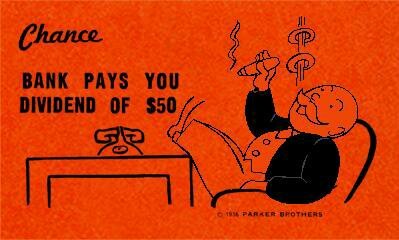My late neighbor, who was born toward the end of the Depression, told me in a sad way that he was having to touch his principal. He said his dad told him "Never touch the principal!", imitating him in a stern, warning voice. I think he was trying to make something political out of it as he liked to do especially from 2009-2016 so I didn't bite. In any case, they liked to travel, eat out, give gifts to their fairly large family, drive nice cars, etc, so I'm glad he didn't feel totally constrained to not touch the principal.
Years ago someone here likened it to owning land, and living partly on proceeds from the land (farming or whatever), and also selling bits and pieces of land along the way. The more you sold, the less you had to farm with, so you'd progressively have to sell more and more and it wasn't sustainable. I think I'm representing that correctly. The problem with the analogy is that stock isn't a fixed and limited resource. A better (not perfect) analogy might be a lake. You can take buckets out, and the lake will likely replenish through feeding streams and rain as long as you don't take out too much at once.
I think there are still some valid reasons for such a strategy. If you feel value stocks are safer, that will probably lead you to dividend stocks. But unless you really want to leave a lot to heirs, I think you've overshot the mark if you work and save until you can live on dividends alone. You should be able to live off dividends plus slight withdrawals and time it to easily last your whole life. But not everyone is in a situation where they regularly accumulate until they can retire. Some have windfalls, or business sales, or pensions they have to qualify for, and may suddenly find themselves richer than they need to be.
The odd lot theory has some merit too. I think people used to own a lot more individual stock than mutual funds. Paying the price for selling shares, plus just trying to decide which shares to sell (especially for widows who might not have been involved in investment decisions) was probably scary. Some of the last part still probably hold true; I've read where some here have spouses who are uninterested or unwilling to learn about their finances and basically need a fool proof plan.

